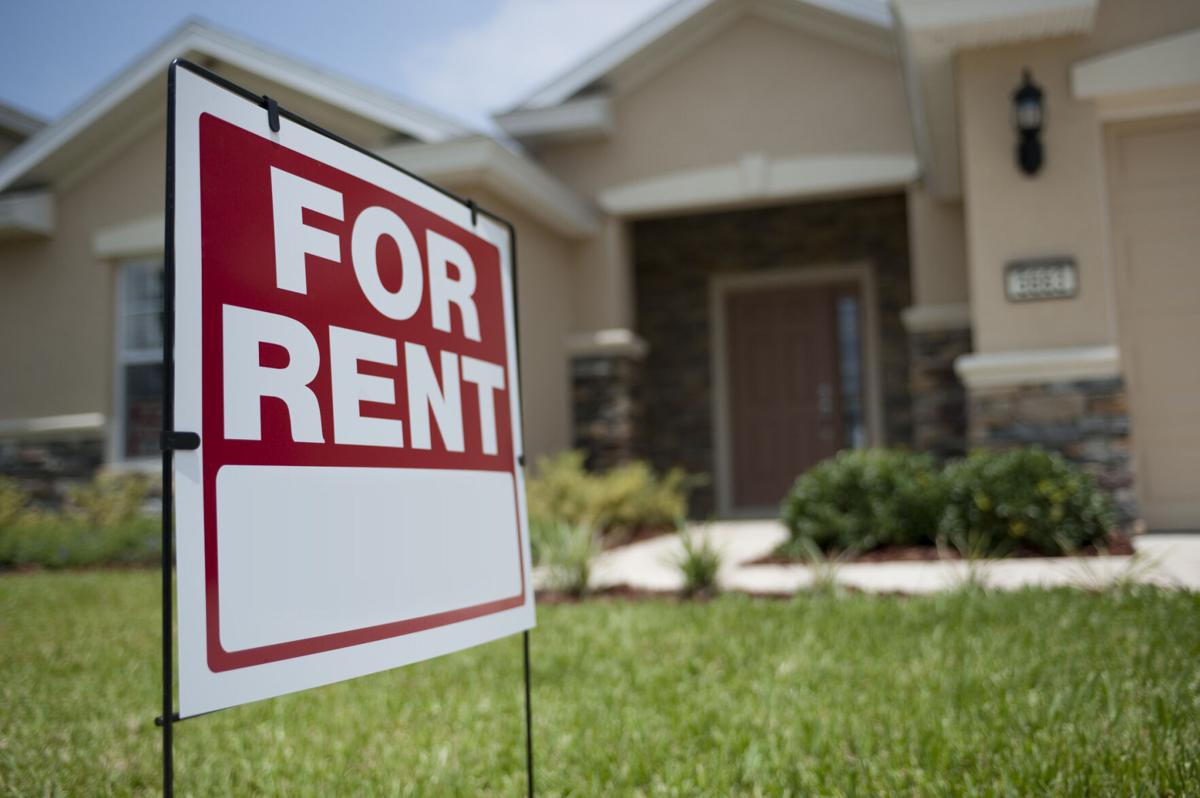PHOENIX — Calling the legislation a flawed solution to the housing crisis, Gov. Katie Hobbs vetoed a bill to bar cities from taxing residential rentals.
“I appreciate the Legislature’s interest in addressing rising housing costs, particularly for renters,’’ Hobbs said Thursday in her 14th veto since the legislative session began last month. “Lowering costs for Arizona families is a priority of my administration.’’
But Hobbs said the measure had defects. One of the biggest, she said, is there is no “enforceable mechanism’’ to ensure that landlords, who remit the tax to the cities, would pass along the savings to their tenants.
“If we are going to promise relief to renters, it’s important that we are able to ensure they actually receive it,’’ the Democratic governor said. “For working families faced with ever-increasing rental prices, this proposal just doesn’t fit the bill.”
The vetoed Senate Bill 1184 did have language to require landlords, by the end of the year, to reduce rent due by an amount equal to what they would no longer being paying to cities.
Hobbs said even an attorney for lawmakers said such a provision might not withstand a challenge under state or federal constitutions.
Sen. Mitzi Epstein, D-Tempe, said there’s a more practical problem.
“Whatever the market price is, that’s what the rent will be,’’ she said during debate on the bill. Landlords would simply decide that if tenants were willing to pay a certain amount for a unit, including the tax, they would not balk at paying the same amount even if there was no tax, she said. All the measure would do is allow landlords to pocket what they no longer had to forward to cities in taxes, Epstein said.
But Sen. Steve Kaiser, R-Phoenix, who wrote SB1184, said no legislative attorney questioned the legality of forcing landlords to pass along the tax savings.
He said the nature of residential leases precludes landlords from pocketing the savings.
“When you have a landlord and a tenant, there’s a contract,’’ Kaiser said. “It says, ‘This is your rent and here’s the tax underneath it and this is your total rent.’ When the tax goes away, it just goes away for the renter.’’
That would make it simple for tenants to determine if they weren’t getting the financial benefit his bill required, he said.
Governor: Appropriation another issue
Kaiser said it’s no different than if the state were to eliminate cities’ ability to levy a tax on groceries.
The tab at the register lists the cost of the items with the tax added at the bottom, Kaiser said. And if that tax went away — something Arizona lawmakers are considering — shoppers would pay just for the groceries.
The question of whether tenants would get relief wasn’t Hobbs’ only stated reason for vetoing the measure.
She pointed out lawmakers in the GOP-controlled Legislature had agreed to divide up nearly $270 million in state tax dollars to give to cities and towns over an 18-month period to help cushion their financial losses. That isn’t acceptable, she said.
“To approve of such an appropriation outside of a comprehensive budget agreement would be irresponsible,’’ Hobbs wrote in her veto message. She said if Republicans want to spend that kind of money it should become part of “bipartisan budget negotiations’’ rather than a stand-alone measure.
Cities urged veto, Hobbs says
Not every city or town taxes residential rentals.
Chandler, for example, has a 1.5% levy that raises about $9.8 million a year, equal to more than 5% of all sales taxes collected.
Bisbee’s 3.5% tax raises just $69,407, according to figures by the League of Arizona Cities and Towns. A 1.8% tax in Casa Grande generates nearly $1.5 million, Glendale gets $11 million from its 2.2% tax, a 2.75% tax in Prescott produces more than $2.6 million, and Sahuarita gets $175,000 from its 2.0% levy.
Hobbs said in a news release that she was urged by cities and towns to veto the measure.
She cited a message from John Lewis, president and CEO of the PHX East Valley Partnership, which includes elected officials and business leaders.
“It will not provide meaningful relief to renters,’’ Lewis wrote. “It will force local government to weigh increasing other local taxes or reducing services, putting the vitality of our burgeoning region at risk.’’
Yuma Mayor Douglas Nicholls, who is president of the League of Arizona Cities and Towns, echoed his belief that SB1184 would not benefit renters “and will likely only accomplish providing a tax break for landlords.’’
The Homing Project is working to build a village of tiny homes in Tucson. This pop-up house is one of 15 planned in the first village and can be seen at the Tucson Mall starting Jan. 13. Video by Pascal Albright / Arizona Daily Star





